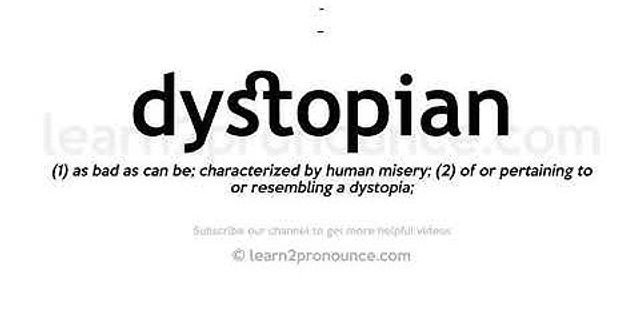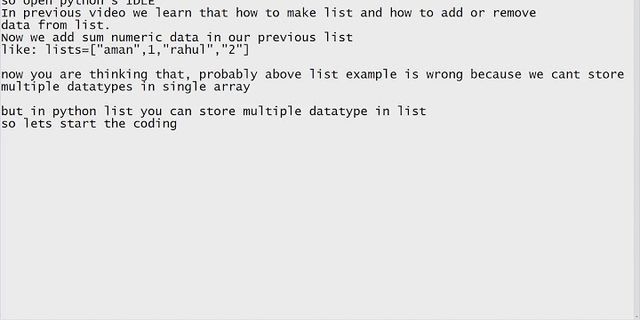Pregnant women are told time and again: Don’t eat raw meat, avoid unpasteurized cheese, steer clear of deli counter salads. Why? You can largely blame listeriosis, a foodborne illness that doesn’t pose much risk for mom but can be harmful for baby. Find out what causes listeriosis, what your odds are of contracting it and the steps you can take to prevent it. Show Technically speaking, listeriosis is an infection caused by Listeria monocytogenes bacteria. Practically speaking, listeriosis is a type of food poisoning that can cause pregnancy complications. Listeria bacteria are found in soil, water and sewage, but they can also contaminate food—so if you eat something that’s been contaminated with listeria, you can develop listeriosis. The listeria bacteria is killed with heating and pasteurization, so listeriosis is usually linked to eating uncooked meats or vegetables, raw or unpasteurized milk products, or processed foods (such as hot dogs and deli meat) that become contaminated after being cooked at the food processing facility. Listeriosis can make people feel sick, but rarely causes severe health problems. What’s scary for moms-to-be, however, is that having it during pregnancy increases the risk of miscarriage, stillbirth and preterm birth. Babies of moms who had listeriosis during pregnancy are also at risk for listeria infection.
How Common Is Listeriosis During Pregnancy?Wondering what are the odds of getting listeriosis while pregnant? Good news—they’re very low. It’s true that pregnant women have an increased risk of contracting listeriosis, but the real risk is still tiny. According to the Centers for Disease Control and Prevention (CDC), there are approximately 1,600 cases of listeriosis in the United States each year. But only about one in seven cases—or about 200 cases per year—occur in pregnant women, out of nearly 4 million pregnancies every year. “You’re much more likely to step outside and slip on ice on your front steps in the winter than you are to contract listeria,” says Kelly Kasper, MD, ob-gyn and associate clinical professor at the Indiana University School of Medicine. And if you do get listeria, baby might not— transmission of listeriosis from mom to baby is not a sure thing. Plus, listeria infections are easily treatable with antibiotics.
How Do You Know If You Have Listeriosis?“The symptoms of a listeria infection look a lot like a cold or mild flu,” Kasper says. “The most common symptom is a fever. You might also have muscle aches or a sore throat.” Some people also have diarrhea. Because the symptoms are so nonspecific, it’s impossible to tell if you have listeriosis solely based on symptoms. That’s why doctors tell pregnant women to contact their health care provider if they’re running a fever—not because they’re always worried about listeriosis, but because fever is a symptom of all kinds of ailments, many of which should be diagnosed and treated right away. The only way to figure out if your symptoms pose a threat to you or baby is to have them checked out by a qualified health care provider. So how do you test for listeria in pregnancy? If your doctor suspects listeriosis—if you have symptoms of listeriosis and have recently eaten some suspect food, for instance—she can order a simple blood test to determine if you have listeriosis or not.
How Does Listeriosis Affect Baby?Listeriosis increases the risk of miscarriage, stillbirth, preterm delivery and listeriosis infection once baby is born, but the odds of anything bad happening to baby are slim. Here’s why: • Listeria infection can spread from mom to baby through the placenta, but it’s not a sure thing. So even if you get listeriosis, baby might not. The antibiotics used to treat listeriosis during pregnancy can prevent infection of the fetus. • Antibiotics can also be used to treat (and prevent complications of) listeriosis in newborns. While listeriosis in babies can cause severe blood infections, meningitis, pneumonia and even death, treatment with antibiotics can resolve the infection and usually prevent complications.
How To Prevent Listeriosis During PregnancyIf you want to decrease your risk of getting listeriosis to almost zero, you can follow the official listeriosis prevention guidelines and avoid eating the following during pregnancy:
Or you can take a slightly more relaxed approach. Given the extreme improbability of contracting listeriosis from properly handled foods, Kasper suggests eating food you’ve prepared yourself and following common sense guidelines when you prep and store it: • Store foods safely. Make sure your refrigerator is set to 40 degrees Fahrenheit or below, and return items to the fridge as soon as possible after using. Don’t let foods sit out for long periods at room temperature. • Wash fruits and vegetables. Rinse any raw produce thoroughly under running tap water before eating. • Pay attention to expiration dates. If your lunch meat is past its expiration date (or if it smells or looks funny), throw it away. “You want to be smart about listeria and keep yourself healthy. But at the same time, you don’t want to quit living,” Kasper says. “There are some things that we know are very important, common and threatening to a pregnancy, like influenza—that’s why we recommend the flu shot. Listeriosis is very uncommon. You don’t have to put yourself in a plastic bubble because you’re afraid of what might happen.” What do you do if you have listeriosis? Oral antibiotics can effectively treat listeriosis during pregnancy. Taking the antibiotics can help baby as well. Research shows that treating moms-to-be with high doses of antibiotics during pregnancy decreases the incidence of listeriosis-related preterm births and stillbirths.
Stories From Moms-To-Be Who Have Had Listeriosis“I know it’s rare but my doula ate a sub and she got so sick from listeriosis she went into labor. Thankfully she was full term. My OB is very strict about [sticking to safe foods]. That says something about the potential dangers. Something to keep in mind—to me [eating certain foods is] not worth the risk.” “A friend of mine had listeriosis during her first pregnancy—the baby was okay!—and from what she told me, it was constant, uncontrollable vomiting. She said she was puking every five minutes, for a good hour or so. Poor thing!” “A woman who goes to my OB practice did get listeriosis while I was pregnant with my first child and it did not have a good outcome. Even the doctors in the practice were shocked because it is so rare.” Expert source: Kelly Kasper, MD, ob-gyn and associate clinical professor at the Indiana University School of Medicine. Please note: The Bump and the materials and information it contains are not intended to, and do not constitute, medical or other health advice or diagnosis and should not be used as such. You should always consult with a qualified physician or health professional about your specific circumstances. Most healthy people have little to fear from listeria. The bacteria can cause mild flu-like symptoms in healthy adults, but its more serious repercussions — including death and systemic infection — nearly always strike seniors and those with a weakened immune system. But getting infected with listeria during pregnancy is a major exception to that rule. Pregnant women and their newborns are more likely to get a listeria infection, which is called listeriosis, than other healthy individuals, according to the Centers for Disease Control and Prevention (CDC). (1) And Hispanic women who are pregnant are at an even greater risk: they are 24 times more likely to be diagnosed with a listeria infection compared with other health adults. (1) Why are pregnant women so much more likely to develop listeriosis? Pregnancy depresses aspects of a woman’s immune system in order to prevent her body from rejecting the fetus. (2) It’s thought that this depressed immune function leaves her particularly vulnerable to harmful listeria bacteria. (3) RELATED: Why Listeria Makes You Sick  Certain types of soft cheeses — including ones used in “Hispanic-style” cooking, such as queso fresco and queso blanco — are more likely than most other foods to be made with unpasteurized milk, and therefore may harbor harmful listeria bacteria. (4) Hispanic women may be at higher risk of listeriosis because their traditional dietary habits may be more likely to include these “raw” cheeses, according to the U.S. Food and Drug Administration (FDA). (5) RELATED: How to Prevent Listeria Infection It’s important to point out that the more severe risk of listeriosis when it comes to pregnant women is for the unborn child rather than the mother. “Severe disease in the mother is rare,” says Jennifer Hunter, DrPH, an epidemiologist with the CDC, who is based in Atlanta. While some women experience no symptoms at all, Hunter says that listeria in pregnancy usually causes the same mild flu-like side effects that it causes in healthy adults. The symptoms of listeria in pregnancy include diarrhea or stomachache, which may be followed by fever, headaches, and body aches. (6) Because all of these symptoms of listeriosis are common ones, and not specific to the infection, the odds are good that they’re caused by something other than listeria infection. (6) But it’s still a good idea to report symptoms to your doctor to monitor the fetus for signs it may be infected. |




















